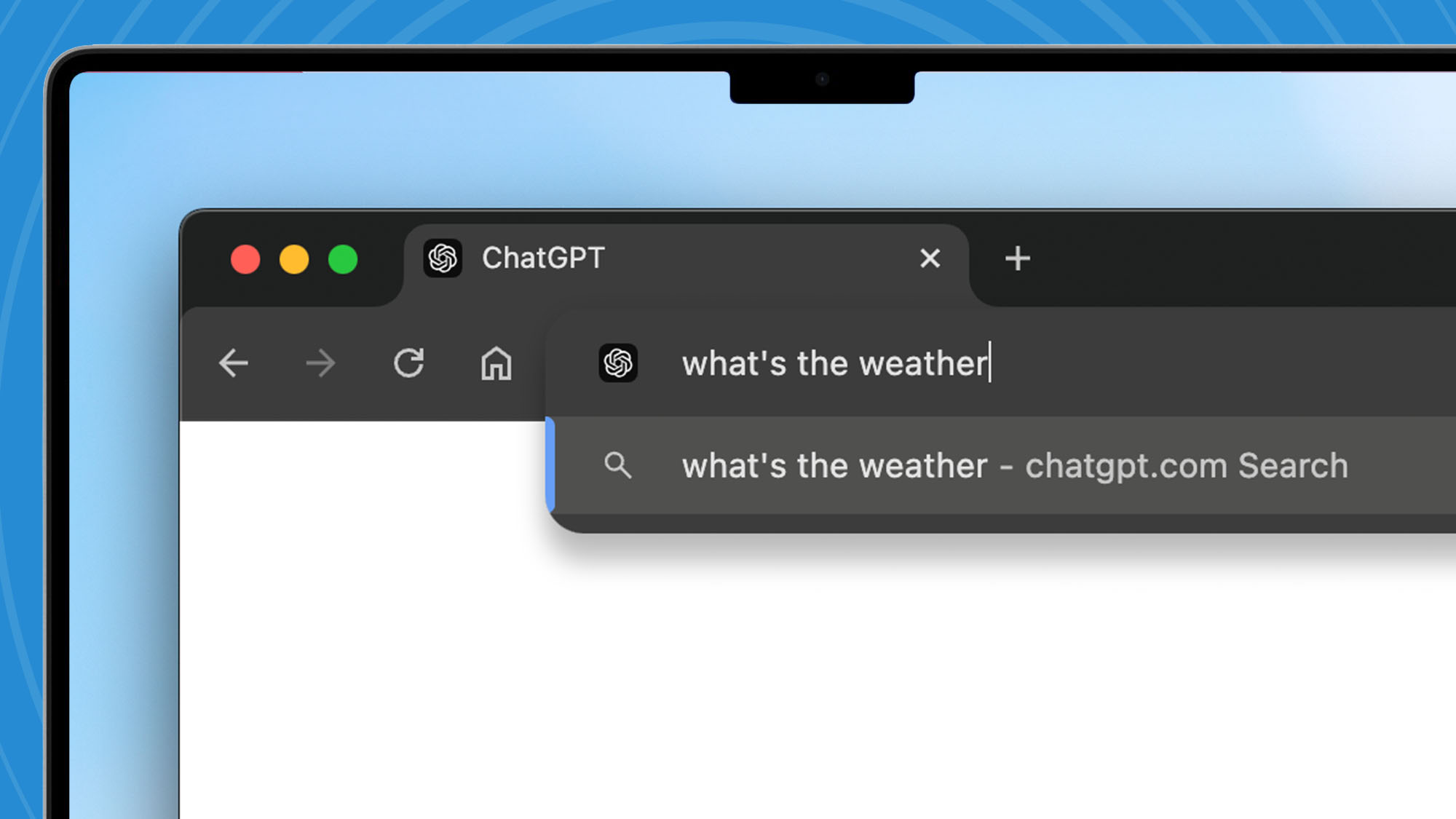Forget Google Chrome – OpenAI will reportedly launch its own web browser soon, and it could be a game-changer with one drawback
A new kid on the browser block

Sign up for breaking news, reviews, opinion, top tech deals, and more.
You are now subscribed
Your newsletter sign-up was successful
- OpenAI plans to launch an AI-powered web browser, report claims
- It could arrive “in the coming weeks” and compete with Google Chrome
- This would give OpenAI access to extensive user data, Reuters says
The browser wars could be about to heat up in a big way, with ChatGPT-maker OpenAI apparently set to launch its own web browser in the coming weeks. According to Reuters, that could put significant pressure on Google Chrome and potentially “fundamentally change how consumers browse the web.”
Citing “three people familiar with the matter,” Reuters reports that the browser will have an artificial intelligence (AI) chat interface that would keep many user interactions within the chat window rather than linking out to external websites.
As well as that, the browser might integrate OpenAI’s AI agent – dubbed Operator – that would allow the app to “carry out tasks on behalf of the user.” This could include “booking reservations or filling out forms” on the websites you use.
OpenAI’s browser is apparently built using Google’s open-source Chromium tech, which powers Chrome, Edge, and many of the other best web browsers. OpenAI’s product is due to launch “in the coming weeks,” Reuters’ sources believe.
Analysis: The battle for your data goldmine

OpenAI faces stiff competition in the browser world. Google Chrome currently enjoys a stranglehold position, with roughly two-thirds of the available market share.
AI firm Perplexity and web firms Brave and The Browser Company have also launched their own AI browsers. Like OpenAI’s rumored effort, Perplexity’s browser can perform tasks on your behalf.
Reuters suggests a clear motive for OpenAI: user data. Running its own browser would allow the company to harvest as much information as possible from users, which could then go back into training its AI models and providing other monetization opportunities.
Sign up for breaking news, reviews, opinion, top tech deals, and more.
After all, Chrome “provides user information to help Alphabet target ads more effectively and profitably, and also gives Google a way to route search traffic to its own engine by default,” Reuters says. An OpenAI browser would give the AI firm a similarly powerful access route to lucrative data.
If you’re concerned about your privacy, then, OpenAI’s browser is likely to be ringing alarm bells in your head. OpenAI has faced criticism for its data collection practices, as has Google Chrome. As someone who's used Firefox for over two decades, that has me worried.
When scooping up users’ private data is an incentive for launching a browser – as Reuters implies it might be – serious caution is advised. We’ll have a clearer idea of all this when OpenAI’s web browser launches later this year, so keep your eyes peeled.
You might also like

Alex Blake has been fooling around with computers since the early 1990s, and since that time he's learned a thing or two about tech. No more than two things, though. That's all his brain can hold. As well as TechRadar, Alex writes for iMore, Digital Trends and Creative Bloq, among others. He was previously commissioning editor at MacFormat magazine. That means he mostly covers the world of Apple and its latest products, but also Windows, computer peripherals, mobile apps, and much more beyond. When not writing, you can find him hiking the English countryside and gaming on his PC.
You must confirm your public display name before commenting
Please logout and then login again, you will then be prompted to enter your display name.